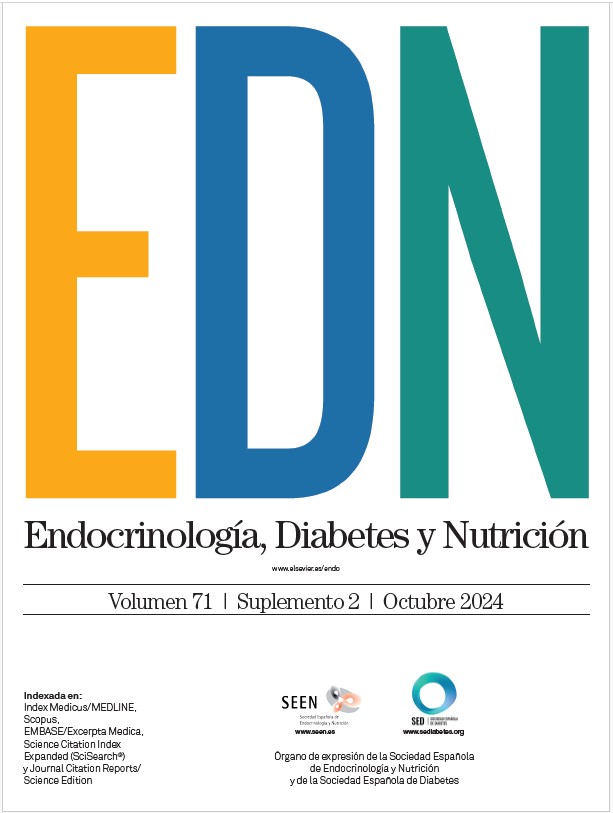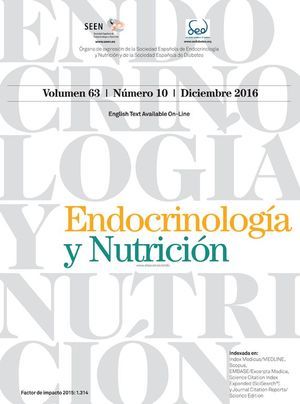387 - THE IMPACT OF THE SOCIOECONOMIC BACKGROUND WHEN INITIATING TREATMENT WITH TRANSGENDER PATIENTS
Hospital Fundación Jiménez Díaz, Madrid.
Introduction: The transgender community, often marginalized, faces challenges such as employment difficulties, economic dependence, and social exclusion. Understanding their socioeconomic context is essential for providing appropriate medical care as their healthcare providers.
Methods: Our objective was to analyze the socioeconomic characteristics of new transgender patients at our hospital's gender identity unit. Data was gathered from initial visits between October 2021 and December 2022, followed by a 12-month assessment. 74 patients were included after excluding non-attendees. Variables were assessed across various socioeconomic indicators.
Results: Out of 74 patients, the majority were Spanish (43), followed by non-Spanish Europeans (5), Latin Americans (16), with smaller numbers from Africa (1) and Asia (3). Assigned sex at birth was female (31) or male (42), with one having a difference of sex development. 34 identified as female, 25 as male, 10 as non-binary female, 3 as non-binary male, and 2 as agender. Regarding lifestyle habits, 23 smoked, 5 had pathological alcohol consumption, 8 regularly consumed substances like cannabis, and 7 had high-risk sexual behaviors. Family support varied, with 39 receiving complete support and 35 lacking it. Social support was present for 66 patients, and 40 had contacted LGBTQ+ associations previously. Economically, 60% had low purchasing power or were fully dependent, with 51% being students, 49% unemployed but actively seeking jobs, and the rest working in service positions. Mental health was a concern, with 47% seeking psychological support during the initial consultation.
Conclusions: Data suggests that most transitioning patients face economic dependence and reside in socio-economic contexts marked by risky sexual behaviors, unhealthy habits, and psychiatric problems. Recognizing these challenges to individualize treatment is crucial, along with additional support from psychological services and LGTBI organizations.







